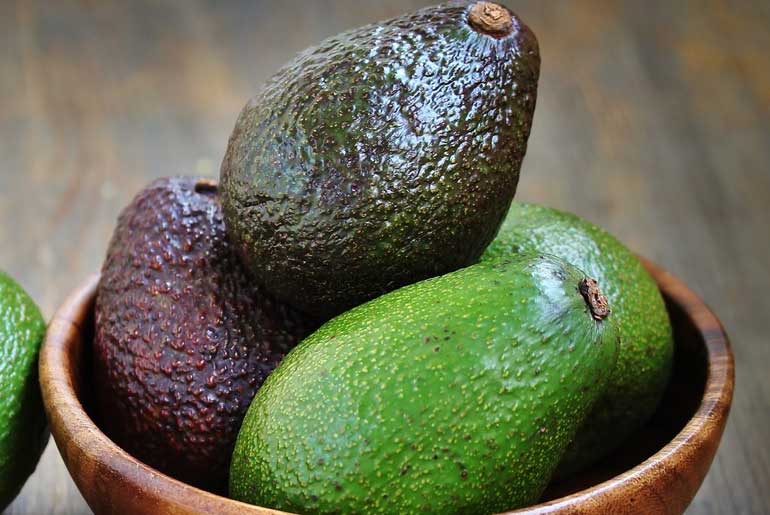Avocados have surged in popularity, becoming a staple in many diets, primarily enjoyed in dishes like guacamole and on toast. While the creamy flesh is the most consumed part of avocado, it’s essential to explore the nutritional value of the avocado’s skin and pit, which are often discarded.
1. The Creamy Flesh: A Nutritional Goldmine
The flesh of the avocado is renowned for its rich flavor and numerous health benefits:
- Heart-Healthy Fats: Packed with monounsaturated fats, especially oleic acid, the flesh supports healthy cholesterol levels and reduces inflammation, which is beneficial for heart health.
- Dietary Fiber: A medium avocado contains about 10 grams of fiber, crucial for digestive health. This fiber aids in maintaining a healthy gut by promoting the growth of beneficial bacteria and ensuring regular bowel movements.
- Eye Health Support: The flesh is rich in antioxidants such as lutein and zeaxanthin, which are known to protect against eye diseases, particularly macular degeneration.
- Enhanced Nutrient Absorption: The healthy fats present in avocados improve the absorption of fat-soluble vitamins (A, D, E, and K) from other foods, boosting overall nutrient uptake.
2. The Skin: An Overlooked Source of Antioxidants
Although avocado skin is not commonly consumed due to its tough texture, it contains a wealth of beneficial compounds:
- Rich in Antioxidants: The skin is packed with antioxidants like carotenoids and polyphenols, which help neutralize free radicals in the body, protecting cells from damage that can lead to chronic diseases such as cancer and heart disease.
- Potential Health Benefits: Research suggests that avocado skin extracts may have antimicrobial and antifungal properties, which could be useful in creating natural preservatives or skin care treatments.
3. The Pit: Nutrient-Dense and Often Discarded
Typically thrown away, the avocado pit has considerable health benefits that warrant attention:
- Phytochemicals and Fiber: The pit contains a thin layer rich in phytochemicals and fiber, including compounds like tannins and flavonoids, which are recognized for their anti-inflammatory and antioxidant properties.
- High in Antioxidants: Some studies indicate that avocado seeds contain a higher concentration of antioxidants compared to the flesh, aiding in the fight against oxidative stress and lowering the risk of chronic diseases.
- Digestive and Cardiovascular Benefits: The seed is also rich in soluble fiber, which supports digestion and helps regulate blood sugar levels, making it advantageous for those at risk of diabetes or heart disease. Additionally, phytochemicals in the seed may help reduce levels of low-density lipoprotein (LDL), known as “bad” cholesterol.
4. How to Use the Avocado Seed
To reap the benefits of the avocado seed, it should be dehydrated and finely ground due to its hard texture. Its bitter flavor makes it best consumed in moderation, and it can be incorporated into:
- Smoothies: Blend it into smoothies for added nutrition.
- Baked Goods: Mix it into muffins or other baked treats.
- Salads: Sprinkle ground seed over salads for a nutritious crunch.
While the flesh of the avocado is celebrated for its health benefits, the skin and pit are often overlooked but are rich in antioxidants, fiber, and phytochemicals. By utilizing all parts of the avocado, you can maximize its health benefits and reduce food waste, making it a truly versatile and nutritious fruit.
Disclaimer:
The information contained in this article is for educational and informational purposes only and is not intended as a health advice. We would ask you to consult a qualified professional or medical expert to gain additional knowledge before you choose to consume any product or perform any exercise.







